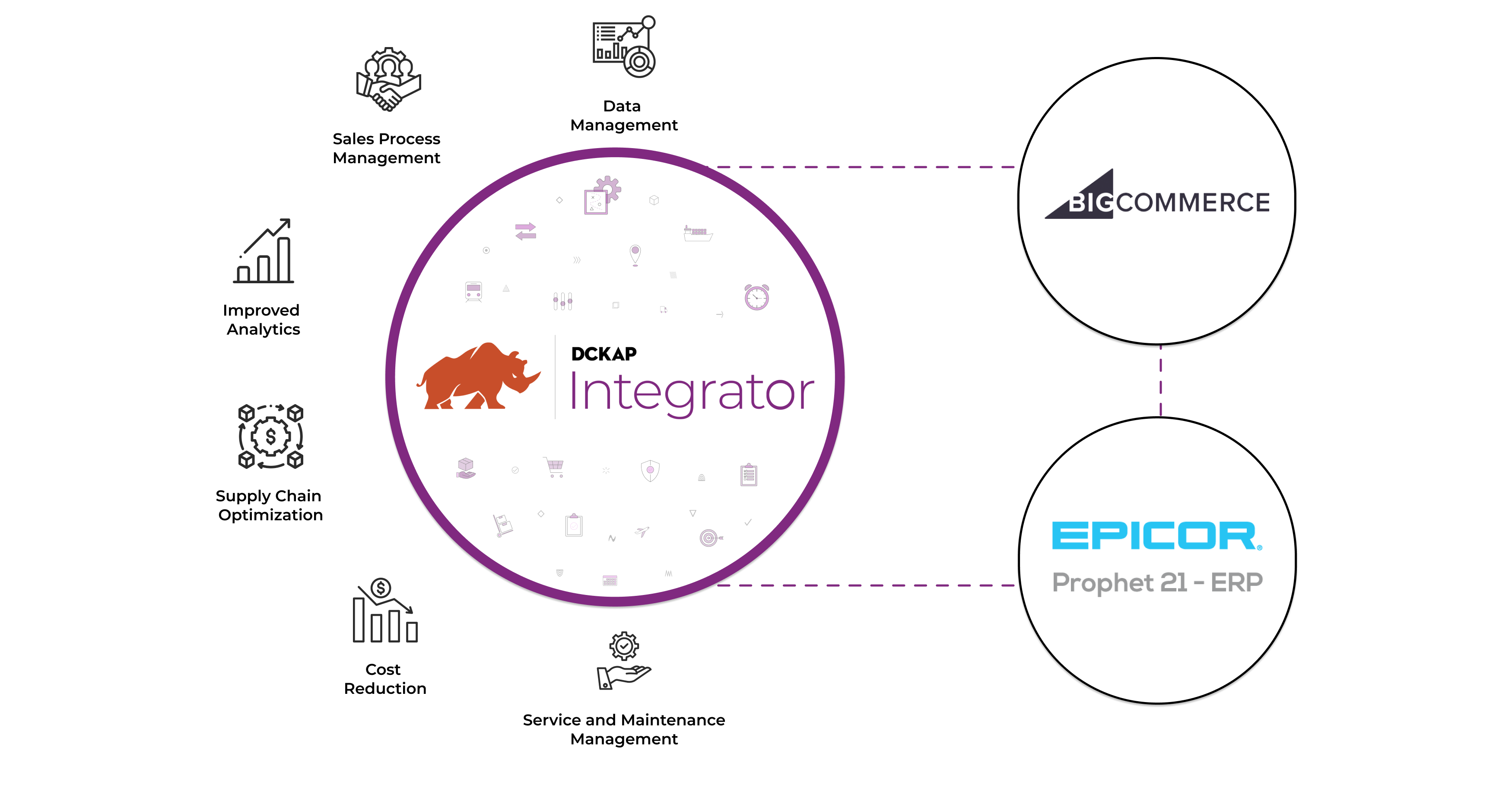What are the effects of a global pandemic on retail businesses, the service sector, those who are in ecommerce, or for business in general? Under the current circumstances, as the coronavirus pandemic has slowed much of the world’s physical industries down to an apocalyptic crawl, and while it has also overtaken and overstrained certain industries, we are only in the midst of finding out the answer to these kinds of questions.
It’s difficult to navigate new territory like this. We can look to past economic hardships for some guidance, but certainly the scope of what is occurring right now can’t be replicated in our most recent history. What we can do is look to each other for support and shared resources, come together as a community, continue to engage with each other on a human level, and find ways to all become quasi business partners to navigate the still uncertain path ahead.

What’s Happening in Business?
Alongside the substantial health concerns, it’s been said that what the world is facing right now could alter the future landscape of retail and ecommerce. Everything from restaurants and clothing retailers, to hotels and ride sharing services, have all been seeing a sharp decline in recent weeks, which is to be expected considering the circumstances of the quarantine. According to a recent Edison Trends Report, Uber and Lyft have seen their customer spending fall in the last two weeks – down 15% for each company during the period of March 2 – March 15, and dropping more significantly in the weeks after.
As time goes on, more and more retail businesses across North America are closing, with more businesses adhering to the newly formed social distancing rules and the effort to flatten the curve. At the very least, with the coronavirus pandemic throwing a wrench into the trajectory of physical retail and person-to-person services in particular, strategic teams in businesses everywhere have been stepping back and looking things over with a much closer eye.
Some may be confident in where they stand, while others might feel more pressured to find the best path to continue moving forward. As the quarantines and uncertainty remains for many, some may even be at the point of deciding to close their physical doors for good. It’s certainly a difficult conversation to be having internally, no matter the current position of your business.

What About eCommerce?
In contrast, and despite some hurdles in supply due to the shift in online shopping, there are many positive stories to be found in the landscape of ecommerce, and some instances where merchants have had to quickly scale up their company to meet the sudden interest and growing demand. A great example of this would be with the increased interest in purchasing puzzles. With the quarantine in full effect in so many places, people are flocking to a variety of home entertainment, and a good, old-fashioned puzzle to pass the time.
One top puzzle brand, Ravensburger, has seen a huge resurgence of interest and has struggled to keep up with the unexpected boom in demand. Whether in their direct channel or on other platforms like Amazon, many products are not currently available to purchase until stock can be replenished, and many customers are likely wish-listing until they do. Similarly, other companies like Puzzle Warehouse have experienced the same large increase in sales, and they have reportedly even hired twenty more employees just to keep up with the sudden rush of demand.
There are many other sectors with examples like this as well. Alongside the health scare, there has been an increase in people staying active and healthy, with the sales of fitness and exercise equipment also rising substantially. Similarly, sanitization businesses and various sanitization products are seeing huge growth as well, in all its available forms. With companies like HoMedics and PhoneSoap that offer specialized equipment to sanitize your mobile devices.

Thinking About the Road Ahead
This is a time when ‘creating a new box to think in’ may be more effective than even the typical ‘thinking outside of the box’ response one might have, if for no other reason than simply not knowing the true parameters of the situation at hand. As this article from Harvard Business Review explains, recreating the framework of the team’s strategy can be extremely effective. As in many cases, business professionals deal with constraints and difficulties all the time, and this process of thinking can provide alternative methods to solve problems within their fields.
In essence, with systematically constrained thinking, people are likely to generate many more creative ideas that would not otherwise be considered.
“Setting the right constraints is a matter of asking the right kinds of questions: ones that create boxes that are useful, but different, from the boxes your people currently think in. When you ask questions that create new boxes to think inside, you can prevent people from getting lost in the cosmos and give them a basis for making and comparing choices and for knowing whether they’re making progress.” – Breakthrough Thinking from Inside the Box
With the uncertain times and limited opportunities at hand, many different businesses may benefit from taking this approach to their current strategy and for those most vulnerable, such as brick and mortar stores, that might include creating a ‘new box’ for ecommerce.
What Businesses Can Do
With businesses (and the people running them) all facing such tentative circumstances everywhere, one of the best things we can do is be ready to expect the unexpected. It also helps to look at what others are doing, especially those in countries who have been dealing with the heights of this for longer, such as in China or Italy.
When shoe designers and brands in Italy were asked about the coronavirus, how it has affected their business functionality and how they have been able to get through, many companies reference the positive role that ecommerce has played and the push in digital sales – it was advised to be a key tool in supporting the business and the requests of their clients.
If you are a small business and if you only have a brick and mortar presence to sell your product or services, in terms of survival, this may be the time to seriously pursue building an online store. And if you are a merchant online, then you are likely also feeling a bit uncertain about the future of your current business, even if doing well right now.
Even if you are already established online and don’t foresee any immediate threat, you might still consider the implications of what a possible declining economy can mean in the long run. Perhaps you have been on pace to outgrow your current platform and have already thought about next steps. Then, you might use this time to look at all your best options and consider migrating to another platform, one that can handle your push for continued growth.
“The future belongs to multi-channel rather than single-channel retail organizations, particularly those that offer a network of channels, rather than a “parallel configuration,” and store formats that are transparent to consumers.” – Retailing in the 21st Century: Current and Future Trends

Where To Start
Having the right platform for your store is the first (and arguably the most important) step in assuring your success and securing your future in ecommerce. Choosing the right ecommerce platform to power your business, such as identifying the most ideal platform for scalable, long-term growth, will help you to accomplish your desired ecommerce strategy.
With an adept strategy, succinct implementation from the team at DCKAP, and through the support of our platform partner, BigCommerce, retailers will be able to launch a brand new or completely upgraded ecommerce store quickly and efficiently.
In these trying times, bridging the gap between brick-and-mortar retail and ecommerce can be the catalyst to success for your business. And you can get started online fast. With BigCommerce, you’ll get a powerful and secure SaaS platform, design tools, and advanced marketing capabilities including easy-to-use promotions and gift certificates. And if you need assistance, their support team is available 24/7.
If you want to learn more about selling online and what’s involved in launching an ecommerce store, this guide on brick-and-click businesses outlines all the basic steps and helps you figure out what’s most important. Then you can dig into ways to promote your business at any budget. They’re also reporting on online shopping trends to help you understand what consumers need and want now.
Ecommerce has never been more important — to sellers or to shoppers. Though it may seem daunting, BigCommerce and their partners are here to help, and to provide continued support through your journey to selling online.
It’s understandably not the ideal time to have to make these decisions, and we understand the strain of having to make the changes quickly. DCKAP is currently offering two of our products free up until 30th June,2020 , and our integration services start with a free 30 day trial. Similarly, the BigCommerce team is offering three months free on all plans for new merchants, to help get your business started and get thriving online.
In difficult times like this, businesses with wide reaching experience in the industry are banding together and combining efforts and resources to help businesses meet this ongoing challenge head on. We’re hoping to share valuable insight and help set your business on the best path for the future. Reach out to our experts anytime to find out more on our strategy to help you successfully start or exponentially grow your ecommerce business.



